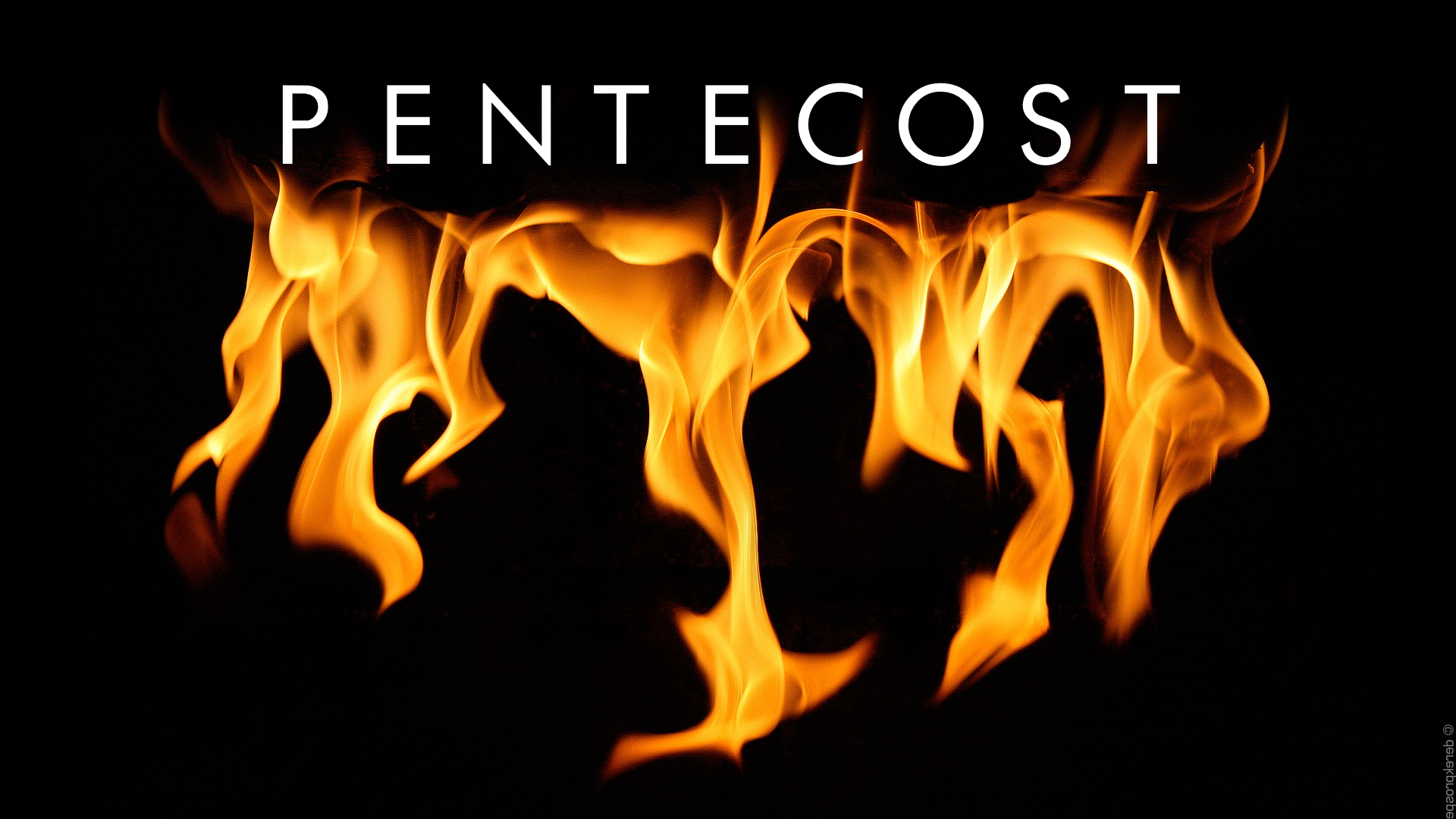
Q. This Sunday is Pentecost Sunday. Could you explain its background?
A. When Pentecost arrives each year in the liturgical calendar, most Christians immediately think of the dramatic gift of the Holy Spirit poured out on the Church, Peter’s impassioned preaching, and the mass conversion occasioned by this event, as recorded in Acts 2.
Many people are surprised to learn that the feast of Pentecost did not originate at this time. It has its roots in the Old Testament period. It’s actually one of the great Jewish festivals in the liturgical cycles of Israel’s worship. It was during this feast that the gift of the Holy Spirit was given to believers in Jesus the Messiah.
Q. Was the festival of Pentecost known by another name during the Old Covenant period? What was its original purpose?
A. This feast was also called the feast of Weeks. It arrived seven weeks after the festival of Passover and Unleavened Bread came to an end. The name “Pentecost” is a Greek word that refers to the fifty-day period (Lev 23:15-22; Deut 16:9-12).
What the festival of Weeks/Pentecost celebrated was the great wheat and barley harvest that took place in the summertime (Lev 23:10-15). The Hebrews has different names for the months of the year at that time, but this took place roughly at the end of April and the beginning of May.
Q. How can we relate the Old Covenant feast of Pentecost to that of the New?
A. There is much that could be said here, but let me focus on just a few points. In the New Testament, Jesus is presented as a new and greater Moses. Just as Moses dispenses the Spirit on his elders (Num 11:11-29), Jesus imparts the Holy Spirit to his Apostles (Jn 20:19-23, which is the Gospel reading for today).
Weeks/Pentecost was also linked in the Jewish tradition with the covenant made to Noah, which sheds light on how the Holy Spirit was gifted to humanity as a whole (Acts 2:5-11). Pentecost also, of course, is a celebration of the “first fruits” of the grain harvest, given by God. Jesus often spoke in agricultural parables of the world as a “field of souls”. Those early believers in Christ were indeed part of the “first fruits” of people harvested from the world, to belong to God for all eternity.


 Q. The movie Noah, starring Russell Crowe, has inspired me to look into the biblical Noah. What does the Bible say about Noah and the Flood in Genesis 6:5-8:22?
Q. The movie Noah, starring Russell Crowe, has inspired me to look into the biblical Noah. What does the Bible say about Noah and the Flood in Genesis 6:5-8:22?